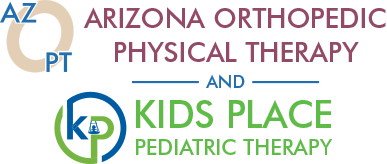Pediatric speech and language therapy help children improve so much more than just saying their sounds correctly! We also help children improve their language skills. Language is broken up into three subsets:
Receptive
Receptive
Also known as understanding. For example: the ability to follow directions, answer questions and identify objects.
Expressive
Expressive
The output of the language we use to communicate; expressing, requesting, and commenting either by sign, words, or a device!
Social
Social
Teaching children to understand the social aspect of language including facial expression, body language, sarcasm, and peer interaction.
Our pediatric trained speech and language pathologists work with children through fun activities to improve their speech, their ability to follow directions, their ability to communicate verbally and nonverbally, and their social communication skills. We use a family-centered, goal-oriented plan to help children become effective communicators.
